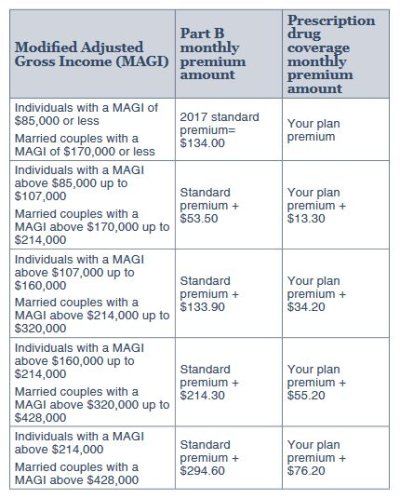I know that there have been numerous threads on how to possibly avoid the SS torpedo tax ( having the maximum .....85% of SS benefits taxed.... while still years away from claiming SS benefits. Some have included:
1) Perform Roth conversions to minimize RMD's from a Trad IRA beginning at 70 and a half.
How is this supposed to provide any real benefit if it would be impossible ( not practical) to convert a meaningful amount every year before 70 and a half? Also this could mess with ACA subsidies.
2) Start withdrawing from a Trad. IRA between 59 and a half and 70 and a half to shrink the size of a Trad. IRA and delay claiming SS until age 70.
Again, might work between 65 - 70....but not before age 65 if an ACA subsidy is desired. Plus may very well vault the taxpayer into a higher bracket during these years.
3) You have a pension ....maybe both spouses have decent pensions, inherited Trad. IRA's (which require immediate RMD's). These income streams become "unavoidable" and will continue for life and result in 85% of SS income being taxable.
This is probably the biggest roadblock to trying to avoid the SS tax torpedo.
So do those of you in the above scenarios simply resign yourselves to the fact that most likely for life your SS benefits will be taxed at the 85% level? I admit it is a "nice problem to have " in that it means you have significant income streams in retirement but I am just asking if it is not worth trying to mitigate this "problem."
1) Perform Roth conversions to minimize RMD's from a Trad IRA beginning at 70 and a half.
How is this supposed to provide any real benefit if it would be impossible ( not practical) to convert a meaningful amount every year before 70 and a half? Also this could mess with ACA subsidies.
2) Start withdrawing from a Trad. IRA between 59 and a half and 70 and a half to shrink the size of a Trad. IRA and delay claiming SS until age 70.
Again, might work between 65 - 70....but not before age 65 if an ACA subsidy is desired. Plus may very well vault the taxpayer into a higher bracket during these years.
3) You have a pension ....maybe both spouses have decent pensions, inherited Trad. IRA's (which require immediate RMD's). These income streams become "unavoidable" and will continue for life and result in 85% of SS income being taxable.
This is probably the biggest roadblock to trying to avoid the SS tax torpedo.
So do those of you in the above scenarios simply resign yourselves to the fact that most likely for life your SS benefits will be taxed at the 85% level? I admit it is a "nice problem to have " in that it means you have significant income streams in retirement but I am just asking if it is not worth trying to mitigate this "problem."


